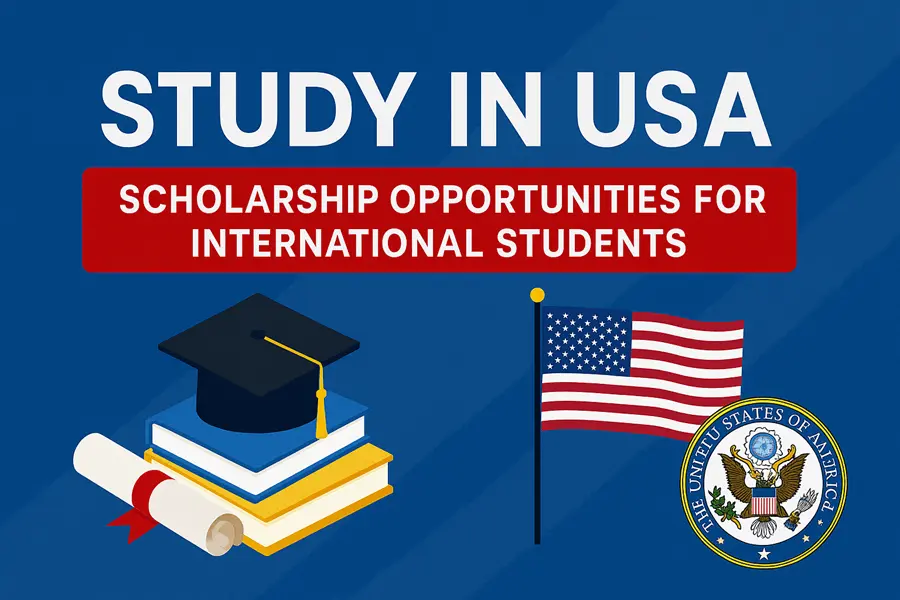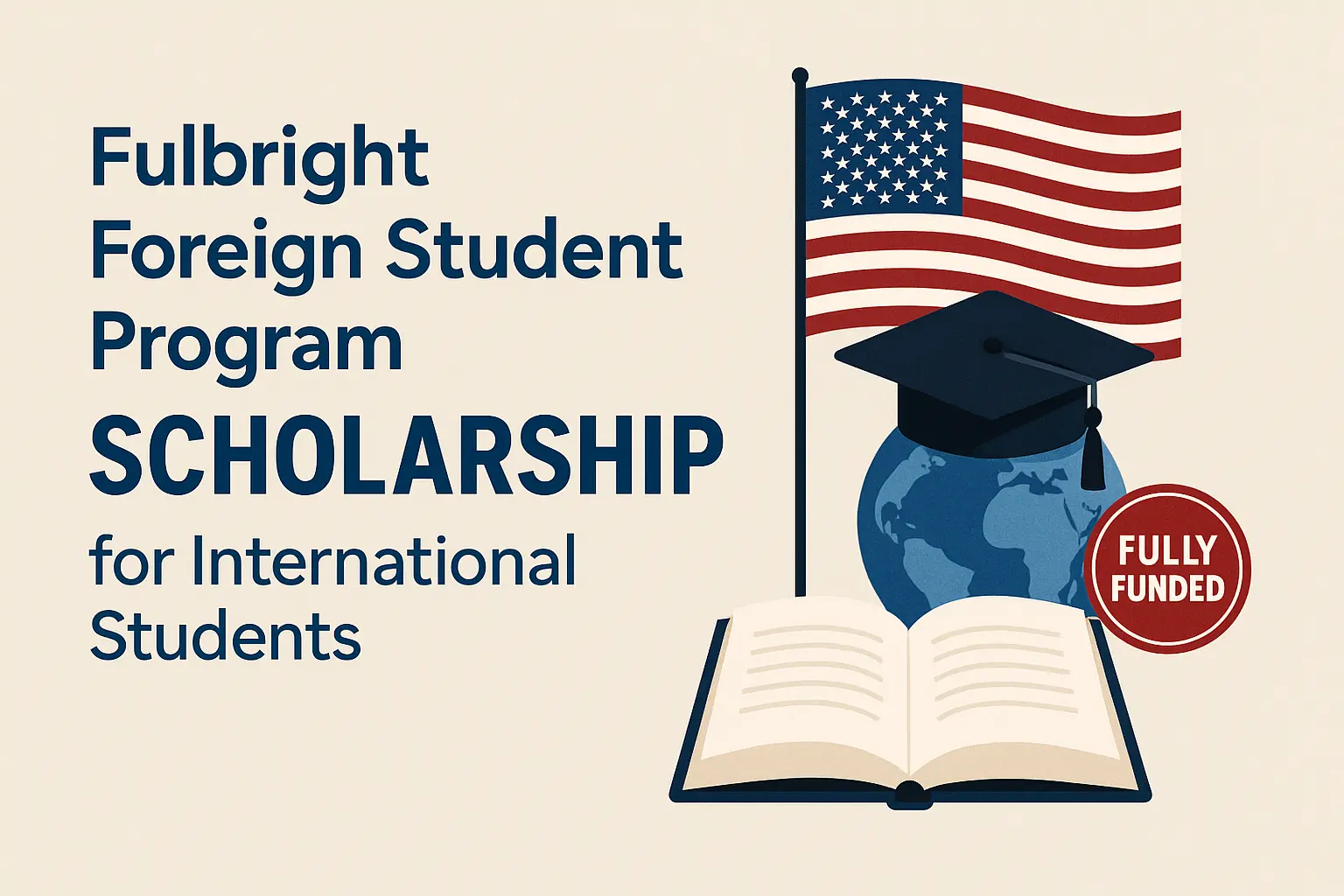With 55% of students receiving need-based aid, Yale University demonstrates that academic prestige need not come at the expense of financial accessibility . In today’s era when the cost of top-tier education often eclipses most household incomes. Yale’s model offers a refreshing counter-narrative: talent and drive should determine who thrives, not bank balance.
In this comprehensive guide, we explore Yale’s financial aid and scholarship system across levels from undergraduates to doctoral candidates. We’ll unpack how Yale meets full demonstrated need, how its need-blind admissions work for both U.S. and international students, and why families earning under $75,000 usually pay nothing. You’ll also discover the pathways to opportunities like external merit scholarships, graduate fellowships, and targeted support programs.
Understanding Yale University’s Financial Aid and Scholarship System
Yale’s financial aid philosophy is rooted in the principle of need-blind admission, meaning that a student’s ability to pay does not influence the admissions decision. The university meets 100% of demonstrated financial need for all admitted students, ensuring that financial constraints do not hinder academic aspirations.
Need-Based vs. Merit-Based Aid
Unlike many institutions that offer merit-based scholarships, Yale primarily focuses on need-based aid. This approach ensures that financial assistance is allocated based on a family’s economic circumstances rather than academic or extracurricular achievements. However, some graduate programs and external scholarships affiliated with Yale do consider merit.
How Yale Calculates Financial Need
Yale assesses financial need through a detailed review of family income, assets, and expenses. Prospective students must submit the following documents:
- CSS Profile (for undergraduates)
- FAFSA (for U.S. citizens and eligible non-citizens)
- Tax returns and financial statements
The university then calculates the Expected Family Contribution (EFC), which determines the amount of aid a student qualifies for. Yale’s aid packages typically include grants (which do not require repayment), student employment opportunities, and, in rare cases, low-interest loans.
Yale’s No-Loan Policy
One of Yale’s most notable policies is its no-loan commitment for undergraduates. This means that financial aid packages replace loans with grants, significantly reducing post-graduation debt. For the 2023-2024 academic year, families with incomes below $75,000 are not required to contribute to tuition, room, or board.
Components of the Yale Financial Aid Package
- Yale Scholarship: A grant that does not need to be repaid. Most students receiving aid get this scholarship, averaging between $50,000 and $70,000+ annually.
- Entitlement Grants: Includes federal aid like the Pell Grant, SEOG, and other external or government awards.
- Work-Study: Students are expected to contribute a small amount through on-campus or remote jobs, typically ~$3,700/year.
- Parental Contribution: Families with incomes below $75,000 typically have zero expected contribution. Those above this range contribute on a progressive scale.
Yale University Scholarships for Undergraduate Students
Yale offers several scholarship programs designed to make education affordable for undergraduates. Below are key funding opportunities available:
Yale Undergraduate Financial Aid
The majority of Yale’s financial aid comes in the form of Yale Scholarships, which are need-based grants. The average scholarship for the 2023-2024 academic year was approximately $62,000, covering a significant portion of tuition and living expenses.
Specialized Scholarships and Fellowships
- The QuestBridge National College Match Program
Yale partners with QuestBridge to support high-achieving, low-income students. Selected applicants receive full four-year scholarships covering tuition, room, board, and additional expenses. - First-Generation and Low-Income (FGLI) Support
Yale provides additional resources for first-generation and low-income students, including startup grants for textbooks and winter clothing, as well as mentorship programs. - International Student Aid
Yale is one of the few U.S. universities that offer need-blind admissions to international students. Financial aid for international applicants is awarded based on the same need-based criteria as domestic students.
External Scholarships for Yale Undergraduates
Students are also encouraged to apply for external scholarships, such as:
- The Gates Scholarship (for minority high-achievers)
- The Coca-Cola Scholars Program
- The Jack Kent Cooke Foundation Scholarship
These awards can supplement Yale’s aid package, further reducing out-of-pocket costs.
Yale University Scholarships for Graduate Students
While Yale’s undergraduate aid is primarily need-based, graduate funding varies by program and often includes fellowships, teaching assistantships, and research grants.
Yale Graduate School of Arts and Sciences (GSAS) Funding
Most Ph.D. students at Yale receive full funding, which includes:
- Tuition waivers
- Stipends for living expenses (typically $40,000+ annually)
- Health insurance coverage
Funding is often guaranteed for five years, contingent on satisfactory academic progress.
Professional School Scholarships
- Yale Law School
- Need-based grants and loan repayment assistance for public service careers.
- The Horace W. Goldsmith Fellowship for students pursuing public interest law.
- Yale School of Medicine
- The Financial Aid Program covers up to 100% of demonstrated need.
- The MD-PhD program offers full tuition waivers and stipends.
- Yale School of Management (SOM)
- Merit-based scholarships like the Silver Scholars Program for young leaders.
- Need-based aid for MBA students.
External Fellowships for Graduate Students
Graduate students can also apply for prestigious fellowships such as:
- The Fulbright Program
- The National Science Foundation (NSF) Graduate Research Fellowship
- The Paul & Daisy Soros Fellowships for New Americans
FAQ Section
- Does Yale University offer full scholarships?
- Yes. Yale provides need-based aid covering 100% of demonstrated financial need. Many students receive full tuition, room, and board especially if family income is below $75,000.
- Are international students eligible for Yale scholarships?
- Absolutely. Yale’s need-blind admissions and full-need aid policies apply to both U.S. and international students.
- What is the average financial aid package at Yale?
- In 2024–25, the average Yale Scholarship award is approximately $67,000 per year, and most students graduate debt-free.
- How do I apply for Yale financial aid?
- Submit the CSS Profile, FAFSA (if U.S.-based), and supporting documents. International students submit Yale’s own application form and tax info.
- Does Yale offer merit-based scholarships?
- Yale does not offer internal merit scholarships. However, external scholarships can be applied toward the student contribution portion.
- Are Yale PhD programs fully funded?
- Yes. All PhD students receive full tuition waivers, stipends, and health coverage, often for 5–6 years.
- What if my family’s financial situation changes after I enroll?
- Yale allows current students to submit financial aid appeals, and your aid will be reassessed annually.
Conclusion: Navigating Yale’s Financial Aid Successfully
Yale University’s commitment to accessibility ensures that financial limitations do not prevent talented students from pursuing their academic dreams. By leveraging need-based aid, specialized scholarships, and external funding opportunities, students can significantly reduce or even eliminate the cost of attending Yale.
For prospective applicants, the key steps are:
- Apply early and submit all required financial documents.
- Research external scholarships to supplement Yale’s aid.
- Consult Yale’s financial aid office for personalized guidance.
With careful planning and persistence, a Yale education is within reach, regardless of financial background.
Are you ready to take the next step toward securing your Yale scholarship? Start your application today and unlock the door to unparalleled academic opportunities.
Ready to pursue your dream at Yale? Use the Yale Net Price Calculator to estimate your aid now.





